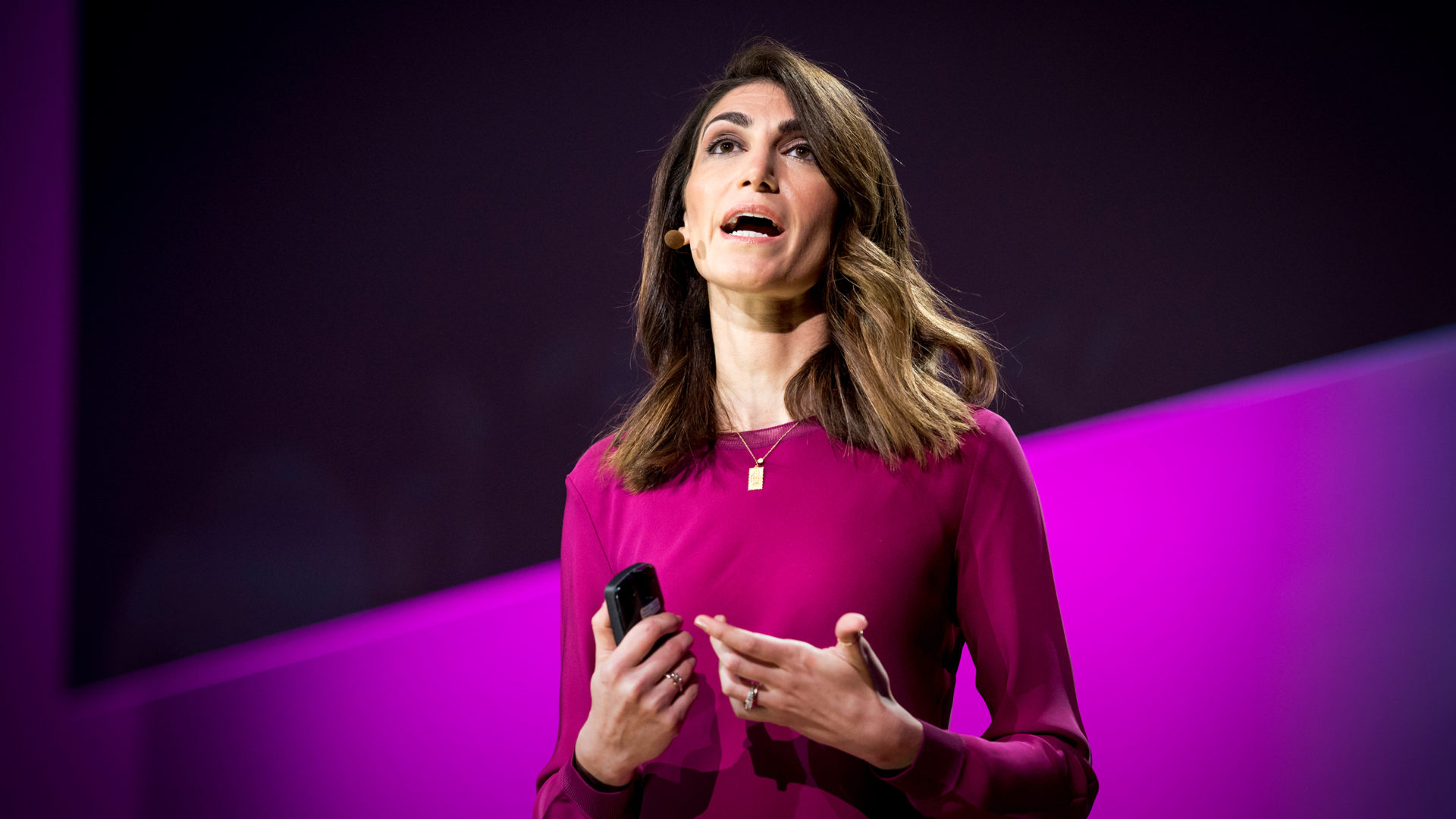
In episode 40 of the Startups Without Borders Podcast, Rana Novak, a Syrian American advocate and the mind behind IBM’s Refugee & Migration Predictive Analytics Solution, shares her journey of courage, innovation, and commitment to support Syrian refugees.
By Cristina Scuderi
Born in the US, Rana’s childhood was marked by early adversity – the divorce of her parents – that led to her mother raising her and her brother alone. However, it was her mother’s empowering influence that instilled a resilient and persistent spirit in her. “I never felt like there was anything that we wanted that we couldn’t have if we worked hard enough for it,” she says.
In fact, it was thanks to her determination that years later, she was able to leverage AI to address the refugee crises and create a revolutionary technology to change the way that refugee crises are dealt with: IBM’s Refugee & Migration Predictive Analytics Solution.
The inception of her idea
Rana’s life took a profound turn with the eruption of the Syrian refugee crisis in 2011, which affected millions of people in her parents’ home country. Her reaction, visceral and traumatic, motivated her into a relentless quest to help her relatives trapped in the escalating conflict. “I was dreaming about it. I became just obsessed with wanting to help and what more I could do.”
Navigating the challenges of international aid, Rana Novack transitioned from the US Senate to directly addressing the crisis. Initiating her journey with a fearless approach, she sought assistance, unaware of the intricacies involved. Despite setbacks, including contacting organisations like UNHCR, she grasped the complexities of the refugee process.
“I just kept asking questions, and there was nothing that I could have done. But my next question was, okay, well, who can. Who is the decision maker? Who is it that I could talk to?” Driven by determination, she tirelessly sought decision-makers and solutions, understanding the need for alternative paths.
Therefore, Rana’s perspective shifted when she received an article on how big data is revolutionising the cheesemaking industry. “I thought: Why aren’t we using this technology to help people? Why aren’t we doing this?,” she said, outraged by the misalignment of priorities. This question was the starting point of her vision to leverage AI in forecasting and addressing refugee crises.

Publishing an article in Wired magazine became a turning point. “I was so proud of it. But I was also terrified, I was sure that that was the end of my career.” Despite initial fears of career repercussions, she decided to go forward. According to Rana, “Courage isn’t the absence of fear. It’s being afraid and then doing it anyway.”
“Not doing it would have been harder for me at that point.”
After knocking on so many doors, she decided to present the idea at the company where she worked for, IBM, where she eventually led the creation of the Refugee & Migration Predictive Analytics Solution.
The realisation of Rana’s vision involved collaborative efforts with the Danish Refugee Council (DRC), a partnership that extended the power of big data and AI to forecast refugee crises and provide tangible support to those affected. “We wanted to help refugees; that is, we wanted to help the people that are helping refugees.”
When asked about what the advice she has for aspiring entrepreneurs, especially regarding self-doubt, she shares a unique perspective: Viewing it as an external entity—an approach that allows us to set boundaries and appreciate our own strengths. “I tell him: If you want to come along for this ride, fine, but you can’t drive. You can’t sit in the front. You have to sit in the back and keep your mouth shut,” she concludes.
Listen to the full episode on Apple Podcasts, Spotify, Anghami, Amazon Podcast or your preferred platform.
